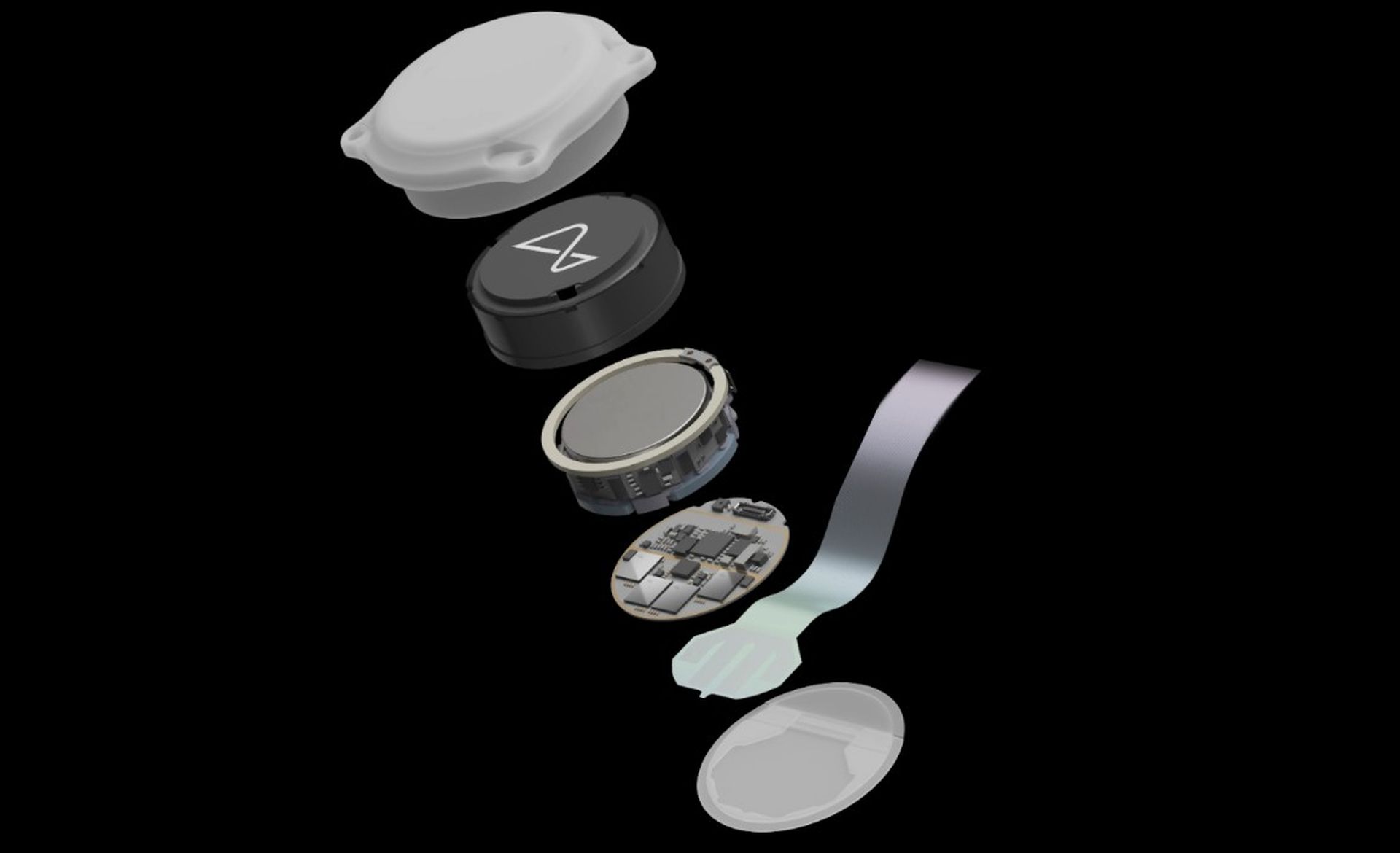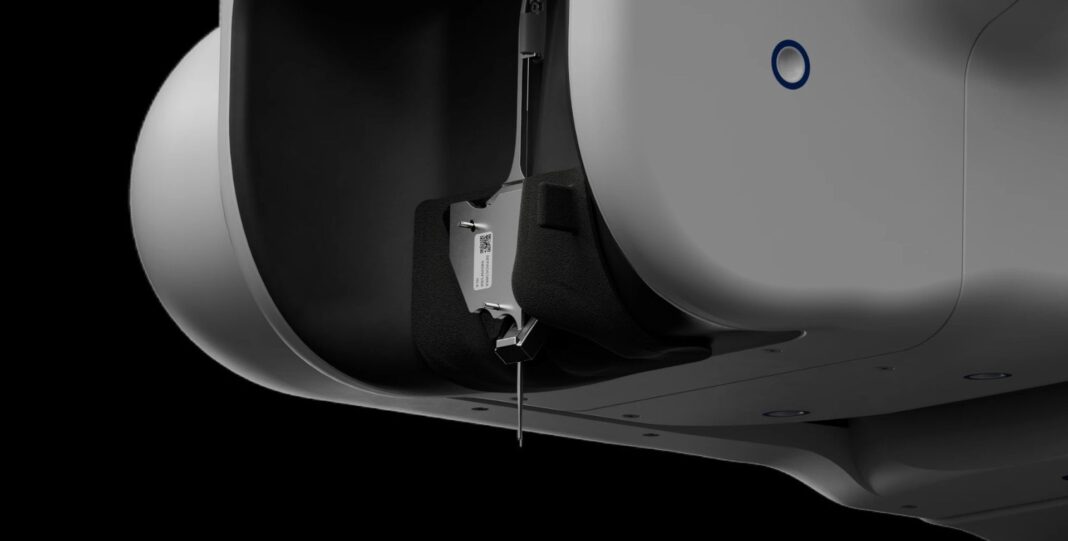Elon Musk’s Neuralink, a company pushing the boundaries of brain-computer interaction, has achieved a major milestone – the first successful implant of its brain chip in a human. This pioneering step, announced after receiving FDA approval last year, opens a new chapter in medical technology with the potential to revolutionize lives.
Neuralink successfully implanted the first human brain chip
In 2022, Neuralink received the green light from the US Food and Drug Administration to begin human trials of its brain-computer interface. Soon after, the company was actively seeking volunteers for this groundbreaking research. Just months later, history has been made with the first-ever human recipient of a Neuralink chip.

This feat surpasses achievements by competitors like Blackrock Neurotech, who pioneered the first brain implant in 2004. While other companies, like Precision Neuroscience, focus on aiding paralyzed patients, Neuralink’s ambition is broader. They envision a future where their technology improves life not just for those with mobility challenges but also for individuals suffering from conditions like dementia, Parkinson’s, and even spinal cord injuries.
This six-year study marks the initial step towards this ambitious future. The chip, containing 64 thread-like electrodes, is meticulously placed in specific regions of the brain. Over time, these precise connections could pave the way for mind-controlled devices, potentially offering hope to millions struggling with debilitating conditions.
The first human received an implant from @Neuralink yesterday and is recovering well.
Initial results show promising neuron spike detection.
— Elon Musk (@elonmusk) January 29, 2024
Aptly named “Telepathy,” Neuralink’s first product aspires to grant users control over devices like phones and computers purely through thought. Imagine, as Elon Musk himself puts it, the legendary physicist Stephen Hawking communicating at lightning speed – such is the transformative potential of Neuralink.
But even beyond everyday tasks, Musk envisions a future where Neuralink empowers people to regain lost abilities. “Imagine being able to walk again,” he emphasizes, highlighting the chip’s potential to restore motor function. Likewise, Musk aims to push the boundaries further, with Neuralink potentially aiding in recovering lost sight.

However, Musk’s aspirations extend beyond physical capabilities. He envisions a future where the very lines between human and machine blur, with Neuralink bridging the gap between brain and computer. In this futuristic scenario, as Musk predicts, the need for conventional communication might fade away, replaced by a seamless exchange of information directly through Neuralink’s brain-computer interface.
While this bold vision may seem distant, the successful implantation of Neuralink’s chip marks a giant leap toward this new frontier. With continued research and development, this groundbreaking technology has the potential to redefine not just medicine but our entire understanding of human-machine interaction. The future awaits, and Neuralink has just opened the door.
Featured image credit: Neuralink

